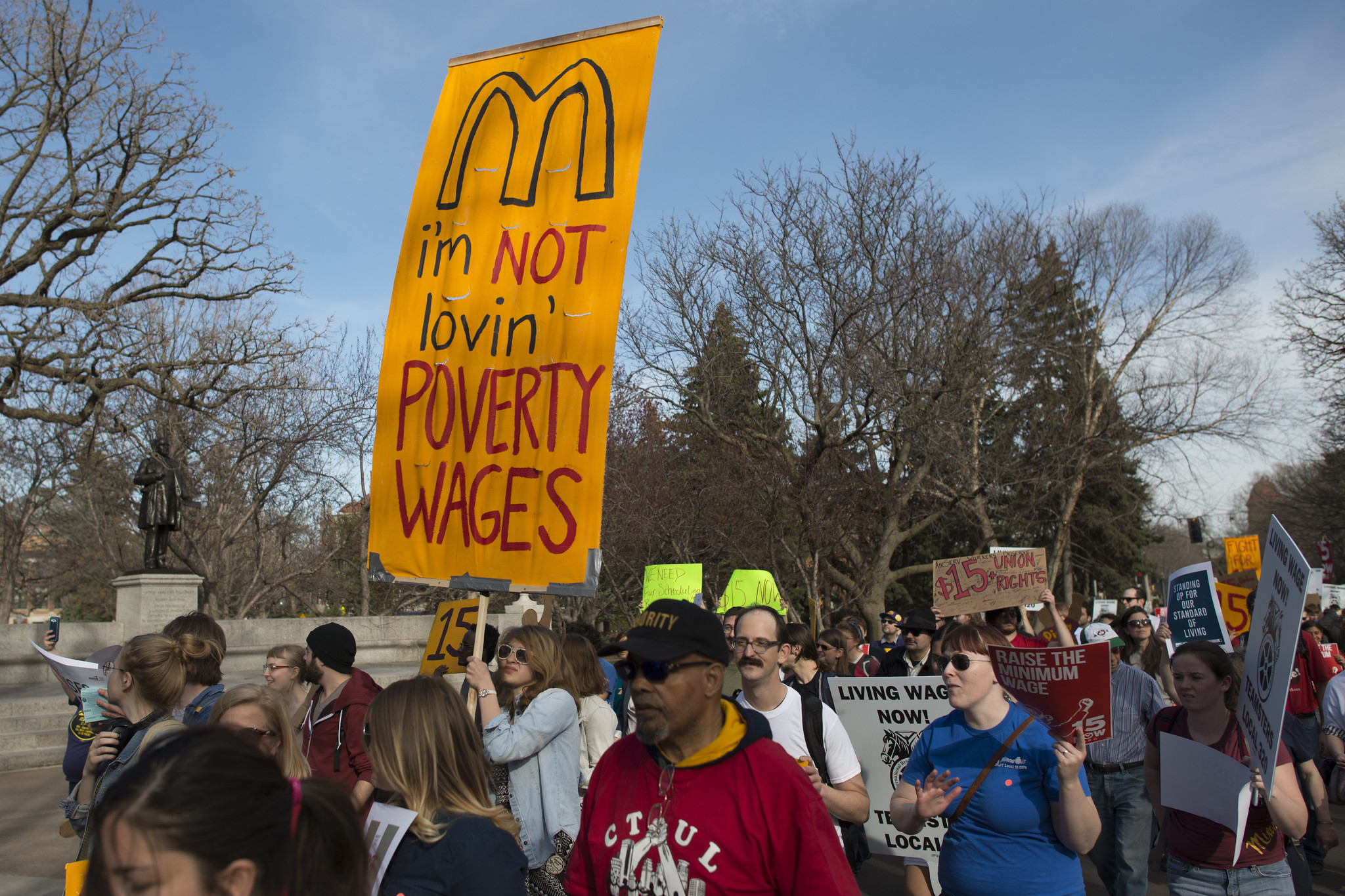SACRAMENTO, Calif. (Transatlantic Today)- Despite the concerns of restaurant owners who fear it would increase consumer expenses, California lawmakers on Monday passed a nation-leading proposal that would provide more than 500,000 fast food workers more rights and power.
The measure will establish a new Fast Food Council with ten members, including 2 state officials, an equal number of employers’ and employees’ representatives, and the authority to establish minimum standards for pay, hours, and workplace conditions in California.
Compared to the statewide minimum wage of $15.50 an hour, a late amendment would restrict any minimum wage hike for fast food employees at chains with more than 100 locations at $22 an hour next year, with rising costs of living after that, according to ABC NEWS.
Service Employees International Union President Mary Kay Henry described it as “a watershed event” and said that “we made history today.”
Despite resistance from both parties, the Senate voted 21–12 to pass the bill. After many hours, the Assembly handed it to Governor Gavin Newsom on a final 41-16 vote, with neither chamber needing a tiebreaker.
Republicans opposed the plan, while 3 Democratic senators voted against it, and several more did not vote. The debate was divided along party lines.
Democratic Senator Maria Elena Durazo, who sponsored the legislation in the Senate, praised it as “innovative” and “bringing industry and workers together at the table.”
Nearly every Republican senator, including Senator Brian Dahle, who is also the group’s contender for governor in November, spoke against it.
The UC Riverside Center for Economic Forecast and Development’s report, which restaurant owners and franchisers paid for, claimed that the measure would raise expenses for consumers. The administration of Governor Gavin Newsom worries that the measure will lead to a legal environment and fragmented regulation.
The debate has garnered interest around the country, including on Capitol Hill, where Democratic U.S. Rep. Ro Khanna expressed optimism that it might inspire similar initiatives elsewhere.
Matthew Haller, president and chief executive officer of the International Franchise Association, argued in opposition that the legislation is an unfair policy intended to attack the franchise business model and increase union membership.
In a letter to senators on Monday, organizations that support Black, Asian, and LGBTQ-owned companies argued that the proposal would affect employees and minority business owners.


























